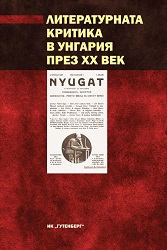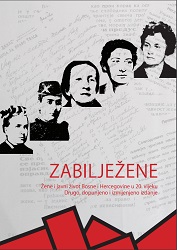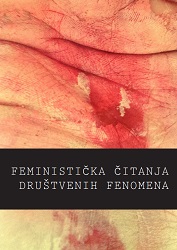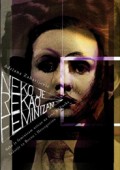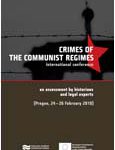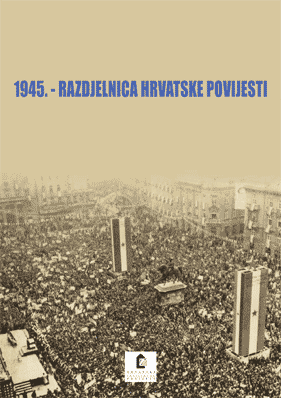
Djelovanje obavještajne službe Nezavisne Države Hrvatske i Odjeljenja za zaštitu naroda (OZNA) krajem Drugog svjetskog rata
Totalitarian regimes maintain security/intelligence services to use against foreign enemies, but the majority of their energies and potential are directed in dealing with internal opponents of the regime or specifically defined groups. After the establishment of the Independent State of Croatia (NDH) by legal decree on 4 May 1941, the Ravnateljstvo za javni red i sigurnost (Directorate for Public Order and Security – RAVSIGUR) was created as the regular policing body of the NDH with Eugen Dido Kvaternik as its director. RAVSIGUR was formed as the unified organization of all police districts in NDH, responsible for overlooking all types of security services. At the same time, Eugen Dido Kvaternik began creating a special, independent Ustaša police force, the Ustaška nadzorna službu (Ustaša Serveillance Service – UNS). The UNS, which was the special police force of the Ustaša movement, was created in order to monitor and control the activity of all regular policing bodies and all other institutions of the NDH. The Glavno ravnateljstvo za javni red i sigurnost (Chief Directorate for Public Order and Security – GRAVSIGUR) emerged from the joining of RAVSIGUR to the UNS only at the beginning of 1943, even though the name was promulgated by a decree of 16 October 1942. One of the main reasons for the establishment of this police/ security body, its strengthening, and the creation of a number of other police forces was the growing strength of the Narodnooslobodilački pokret (People≫s Liberation Movement – NOP). From the beginning of 1943, reports and analysis of individual bodies and institutions in the NDH demonstrate the constant growth of the Partisan movement across the whole territroy of the NDH and the corresponding contraction and weakening of the position of the Ustaša regime regardless of which countermeasures it took. Organizationally, politically and in terms of success the Partisan security service was getting increasingly more powerful, becoming the main opponent of the NDH security services, which were less and less able to meet their challenge on the territory they were contending over. As the communist government began to constitute itself, and as the war drew to a close, so the regime became increasingly authoritarian and gradually even totalitarian. The government was taken over following the pattern of Soviet bolshevism and Stalinism.
More...
